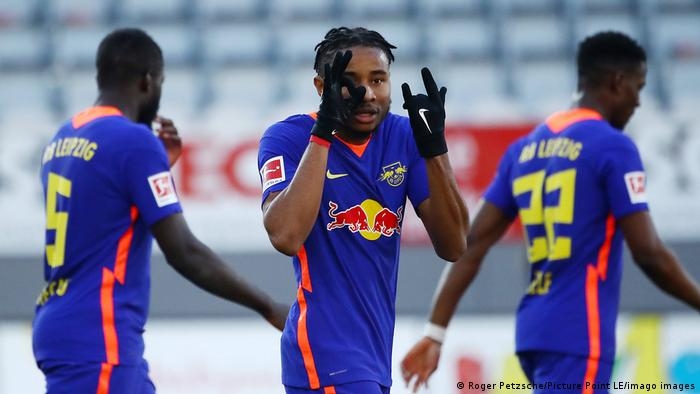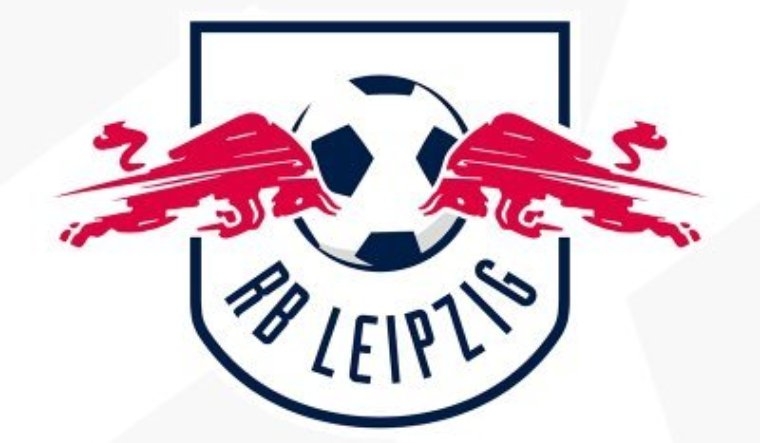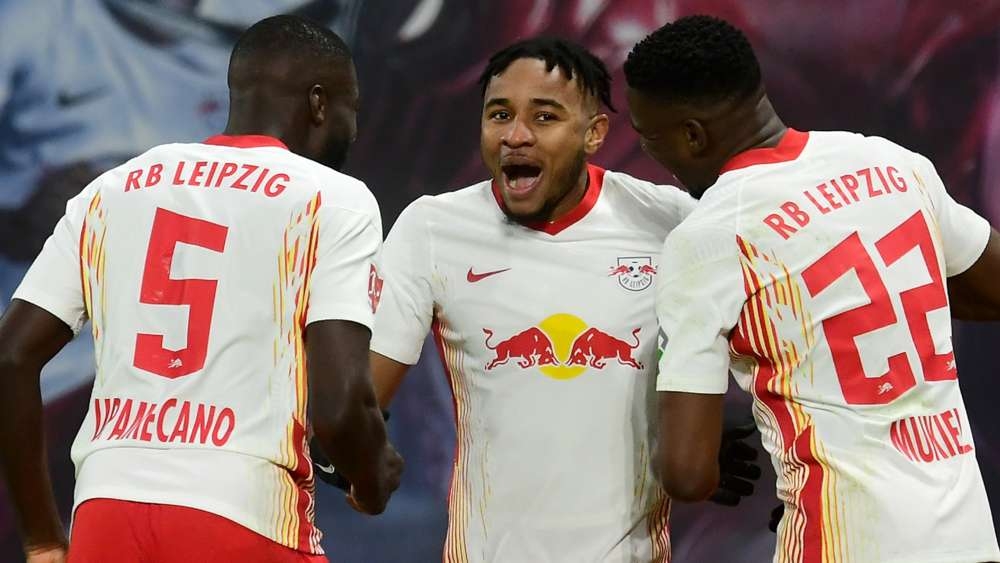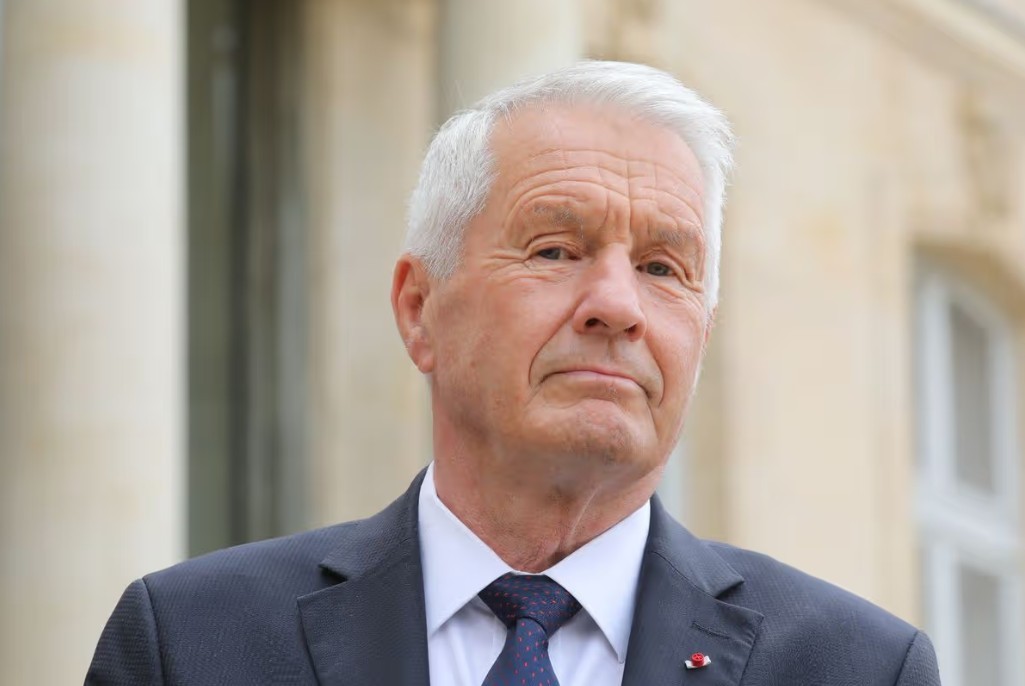Facts about RB Leipzig - Profile, History, Owner - the Top of the Bundesliga
 |
| Christopher Nkunku and RB Leipzig were the big winners on an otherwise sleepy Saturday afternoon |
There were signs of life in the Bundesliga as RB Leipzig pounced on Freiburg errors to go top – at least temporarily, ahead of the evening kick-off between Bayern Munich and Borussia Dortmund.
Christopher Nkunku, Alexander Sorloth and Emil Forsberg kept RB Leipzig within two points of Bayern Munich at the top of the Bundesliga table after a 3-0 win at Freiburg.
Freiburg 0-3 RB Leipzig
Goals: 0-1 Nkunku (41'), 0-2 Sorloth (64'), 0-3 Forsberg (79')
Facts about and Profile of RB Leipzig
Who is RB Leipzig
RasenBallsport (RB) Leipzig are the youngest club in the Bundesliga, having only been founded in 2009 and are the first team in the top flight based in the east since 2009.
RB Leipzig have become a figurehead for a talking point in modern football as financial investors begin to play a bigger role in football. Red Bull have helped Leipzig fly up the table, and with former Ingolstadt head coach Ralph Hasenhüttl now in charge, much is expected of the club in their debut Bundesliga season. Ralf Rangnick, in the dugout last season, is the brains behind the club's revolution.
Who is the Owner of RB Leipzig and What does RB stand for in RB Leipzig?
Believe it or not, the 'RB' in RB Leipzig doesn't actually stand for 'Red Bull' - at least not officially.
RB Leipzig and RB Salzburg may be owned by the same company, but the 'RB' in their names means something different to both teams.
The RB in RB Leipzig stands for RasenBallsport Leipzig, not Red Bull Leipzig.
Though RB Leipzig are owned under Red Bull, who also own the likes of RB Salzburg (Red Bull Salzburg), the New York Red Bulls, RB Brazil and RB Ghana, they are officially known as RasenBallsport Leipzig and not Red Bull Leipzig because German football does not allow clubs to be named after a sponsor.
'RasenBallsport' means 'Lawn Ball Sports'.
By still using the initials RB in front of Leipzig, however, the corporate identity of the club's owners are still able to be recognised.
And though RB Leipzig are not officially known as 'Red Bull Leipzig', the name of their home stadium is the Red Bull Arena.
The ownership of RB Leipzig dates back to 2005, when Red Bull GmbH bought SV Austria Salzburg and renamed the side to RB Salzburg.
The owners revamped the side, changing the team's traditional strip from violet to red and white, which led to some of the team's supporters founding a new side called SV Austria Salzburg.
Moreover, RB Leipzig is not fully owned by the Red Bull company entirely, even though they are the main shareholder.
Profile of RB Leipzig
Little over a decade ago, nobody had heard of the club RB Leipzig. They did not exist.
Their origin started a few miles from Leipzig in the city of Markranstadt. SSV Markranstadt was a fifth-division football club in Germany, relatively unheard of, until Austrian energy drink manufacturer Red Bull decided to buy their licence.
Re-christened RB Leipzig, the club has had a roller coaster run. Fast forward eleven years and they are now in the semifinals of the UEFA Champions League after knocking out Tottenham Hotspurs and Atletico Madrid. They will face PSG for a place in the final.
 |
| RB Leipzig - the most hated club in Germany |
RB Leipzig’s journey has been brilliant so far. They became the first Bundesliga debutant and the first from the former East Germany area to qualify for a European tournament, since the Germany reunification. They are also one of the first clubs to qualify for the Champions League so soon (just eight years after their creation). Although they are officially known as Rasenballsport Leipzig, the club has been effectively marketed as ‘RB’ or ‘The Red Bulls’ by its promoters.
The club is one of the most hated in Germany, Why?
The club is one of the most hated in Germany, because Germans feel the club doesn’t fit into the ethos of their football. They feel the club is a corporate gimmick, playing to the corporate needs.
Such is the hatred against the club that during their first game against Dortmund in 2016, Dortmund fans refused to travel to watch the game, choosing to follow the game on radio. German Football Association follows a ‘50+1’ rule, under which a club should own a majority of their rights. Membership to the club costs a whopping thousand euros a year and it only gives you non-voting rights. Its proper members are mostly employees or associates of Red Bull. This has led to years of boycotts and protests by opposing fans. The criticism has also been given weight by the way Red Bull has managed another team they own—RB Salzburg. Once the kingpin of Red Bull’s football empire, it has now become a feeder club to its sister club Leipzig. Some of their best players have also been transferred to Leipzig in the last few years.
While there is much negativity surrounding the club’s functioning, RB Leipzig has shown a very progressive football philosophy. Under the stewardship of its sporting director Ralf Rangnick, the club invests mainly in young players no older than 24. Lack of funds and opportunistic scouts have favoured West German clubs over the last few decades, but the rise of RB Leipzig has the big guns worried in Germany. Despite the criticisms, the club has grown under the leadership of Rangnick and coach Nagelsmann. With an average squad age of less than 25, the team is managed by a 33-year old and the winning goal against Atletico Madrid in the quarterfinals of the Champions League was scored by a 21-year old American. This sums up the functioning of the club. The young side played determined football to bring the old guards down.
While they may be functioning under a corporate shadow, RB Leipzig have done enough to announce their arrival in the grand stage. They are now treading on uncharted territory, having booked a place in the semifinals of the Champions League. While PSG are the favourites, having seen the way Leipzig they took down Atletico, it would be foolish not to take them seriously...
 |
| Facts about Leipzig - the Top of the Bundesliga: Profile, History and Every thing to Know |
Why does everyone hate RB Leipzig?They play exciting, attacking football with incredible young talents. But they don’t win the hearts of neutrals; their story isn’t one of a scrappy underdog; and they’re hated throughout German football. Why? RB Leipzig’s very existence threatens the culture of fan ownership that is the most important thing to fans in Germany. Their ownership means they can outspend their rivals and distort the competition. But most importantly, they undermine what football, and being a club, or a supporter, actually means to German football fans. |























